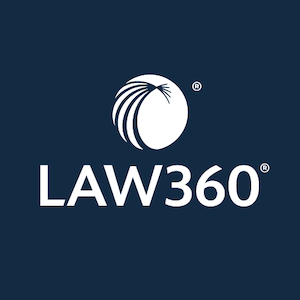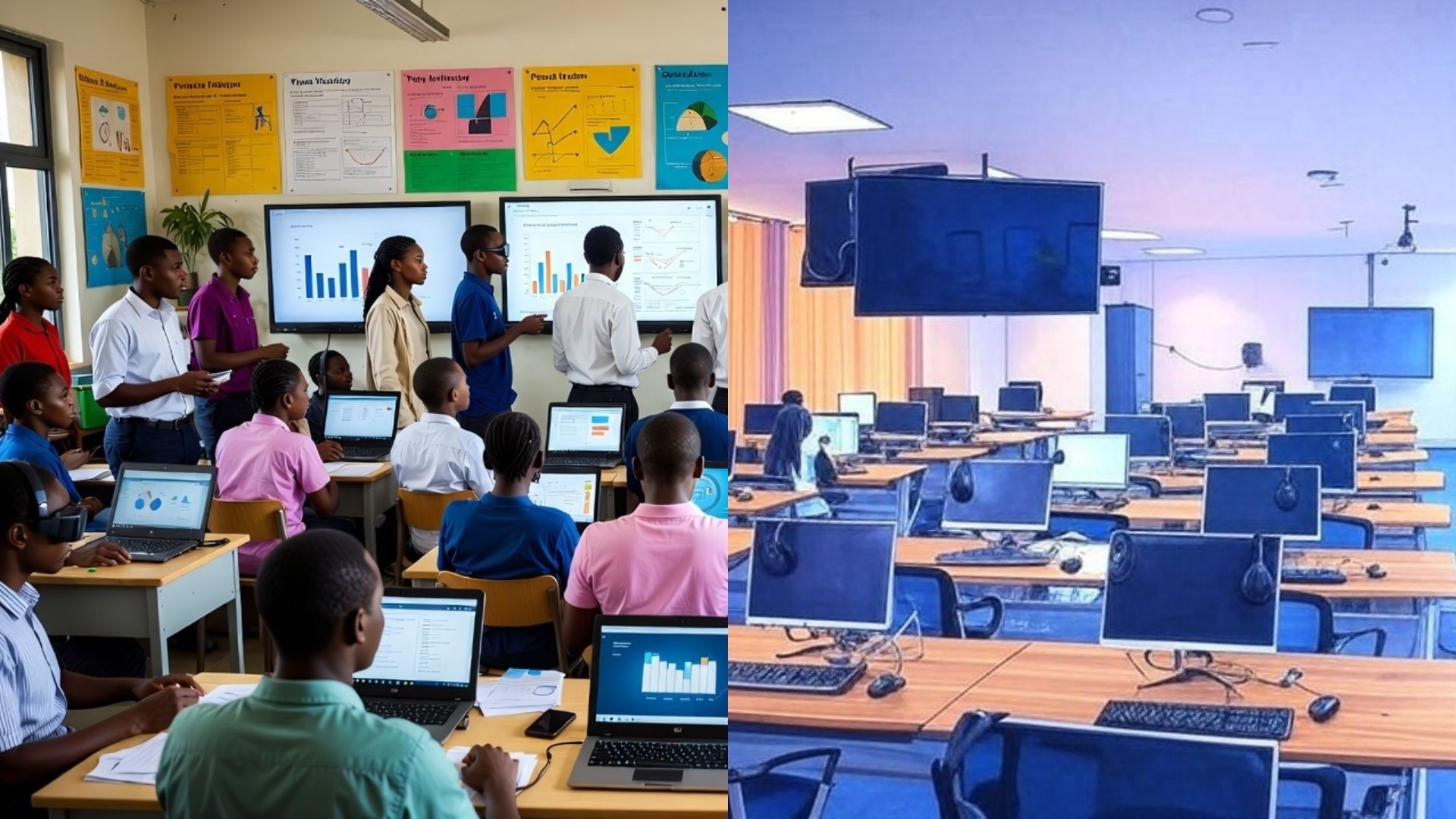Kenya, 21 November 2025 – Kenya has been urged to align itself with a proposed global framework that would regulate how artificial intelligence is used in schools, according to new findings from the 2025 HP Futures Report.
The report, released this month, highlights the speed at which AI is becoming embedded in student life, revealing that more than 60% of learners worldwide now rely on AI tools daily for academic research and assignments. This trend underscores the growing integration of technology in education, a development that is prompting calls for governance and ethical standards.
Key Details
Drawing insights from a survey of 2,860 students across 21 countries, the study shows a strong desire for oversight, with 71% of respondents supporting clear limits on AI usage within education systems. This data reflects a significant concern among students regarding the implications of AI in their learning environments.
David McQuarrie, HP’s Chief Commercial Officer and Chair of HP Futures, emphasized the importance of responsible adoption of AI technologies. He stated, “AI can unlock personalized, high-quality learning for billions. But to achieve that potential, adoption must be responsible and thoughtful,” cautioning that the pace of technological change is outstripping existing education policies.
The report urges Kenya and other governments to support the creation of a mandatory Global AI in Education Charter aimed at promoting ethical and safe integration of AI in educational contexts. This recommendation reflects a broader international call for standardized practices that prioritize student welfare and data protection.
Industry Impact
The HP Futures initiative, developed by HP Inc. in partnership with the Global Learning Council and T4 Education, is pushing for worldwide standards regarding learner-data ownership, children’s online protection, and bans on exploitative data-harvesting practices. As AI tools become increasingly prevalent in educational settings, ensuring ethical usage is vital for fostering trust and safeguarding student information.
The development of the report was guided by diverse councils representing multiple regions and backgrounds. According to HP, these councils engaged in extensive discussions aimed at producing practical recommendations for governments, school leaders, and educators preparing to adopt AI technologies. This collaboration indicates a growing recognition of the need for a unified approach to AI in education, aligning with rising global concerns about technology’s impact on learning.
As educational institutions worldwide adapt to the rapid advancements in AI, the potential for personalized learning experiences grows. However, this potential must be balanced with ethical considerations and robust policies to mitigate risks associated with data privacy and misuse of technology.
In conclusion, as Kenya considers aligning its educational framework with these emerging global standards, it stands at a pivotal juncture that could influence the future of AI in education, not just locally but on a global scale. The ongoing dialogue about AI’s role in learning environments is essential as stakeholders work towards creating a safe and effective educational landscape for future generations.
See also Midjourney Suspends Free Trials for New Users Amid High Demand and Abuse
Midjourney Suspends Free Trials for New Users Amid High Demand and Abuse Türkiye E-Commerce Week: Uber Announces $200M Investment, AI’s Transformative Role Examined
Türkiye E-Commerce Week: Uber Announces $200M Investment, AI’s Transformative Role Examined Michael Burry Bets $1.1B Against Nvidia, Questions AI Stock Sustainability
Michael Burry Bets $1.1B Against Nvidia, Questions AI Stock Sustainability Google Unveils Scholar Labs: AI Tool Transforms Complex Research Queries for Academics
Google Unveils Scholar Labs: AI Tool Transforms Complex Research Queries for Academics Grok AI’s Controversial Responses Highlight Risks of Chatbot Bias, Says Musk
Grok AI’s Controversial Responses Highlight Risks of Chatbot Bias, Says Musk





































































